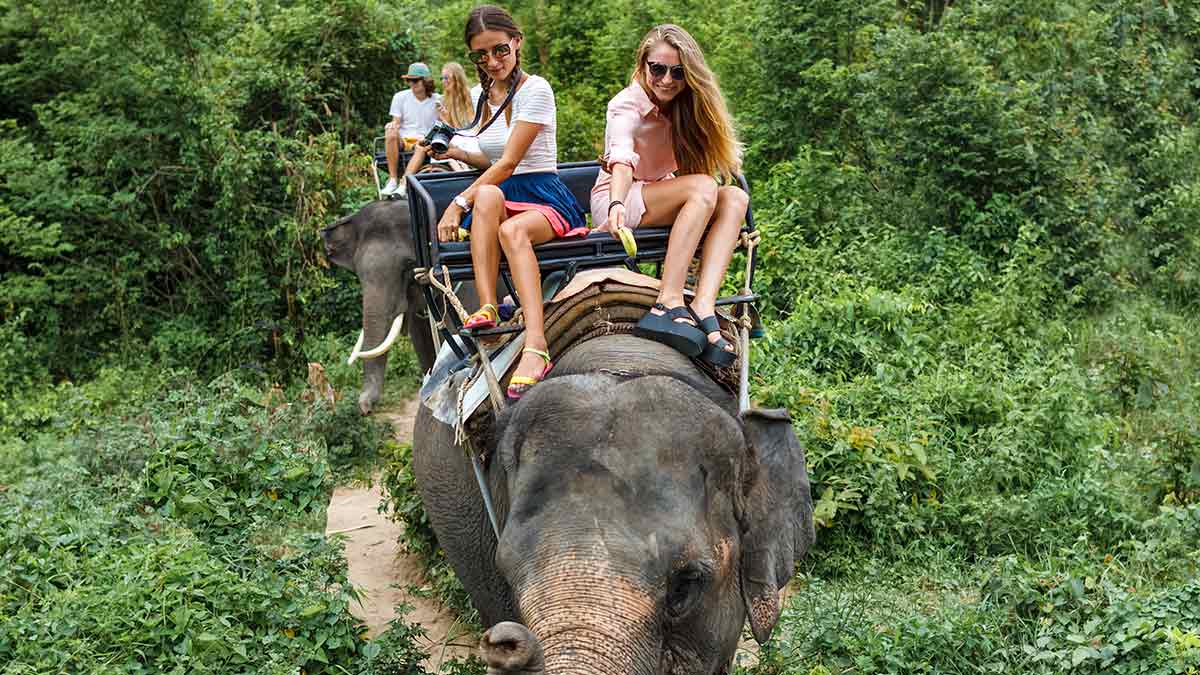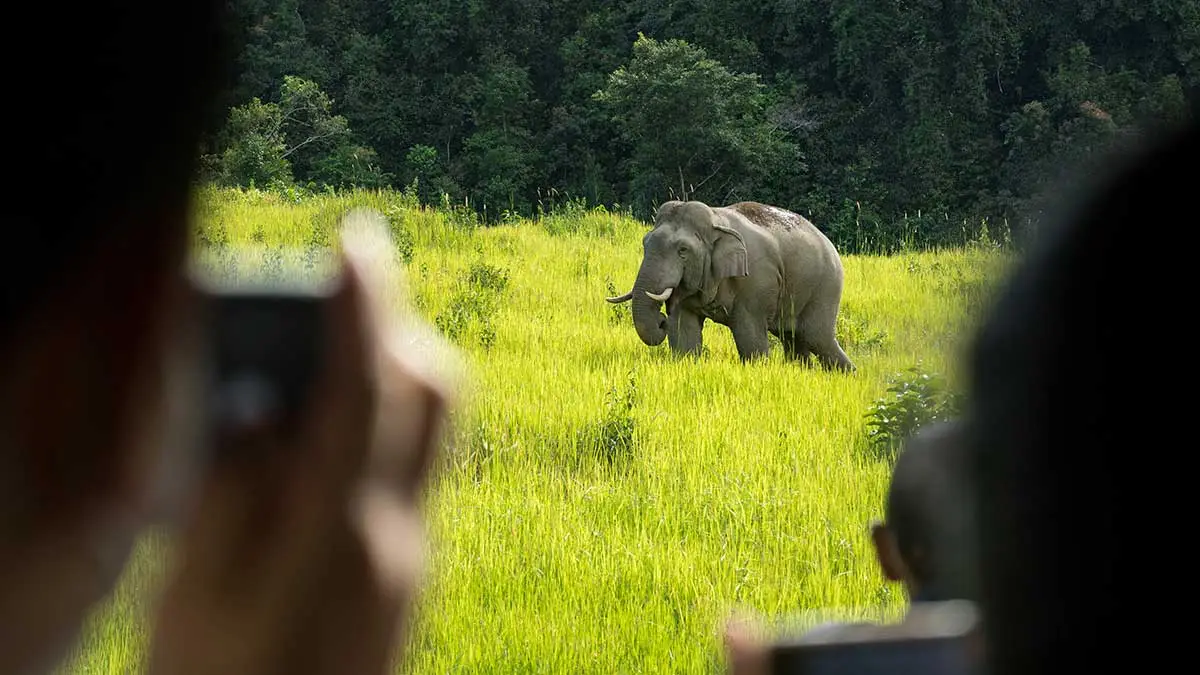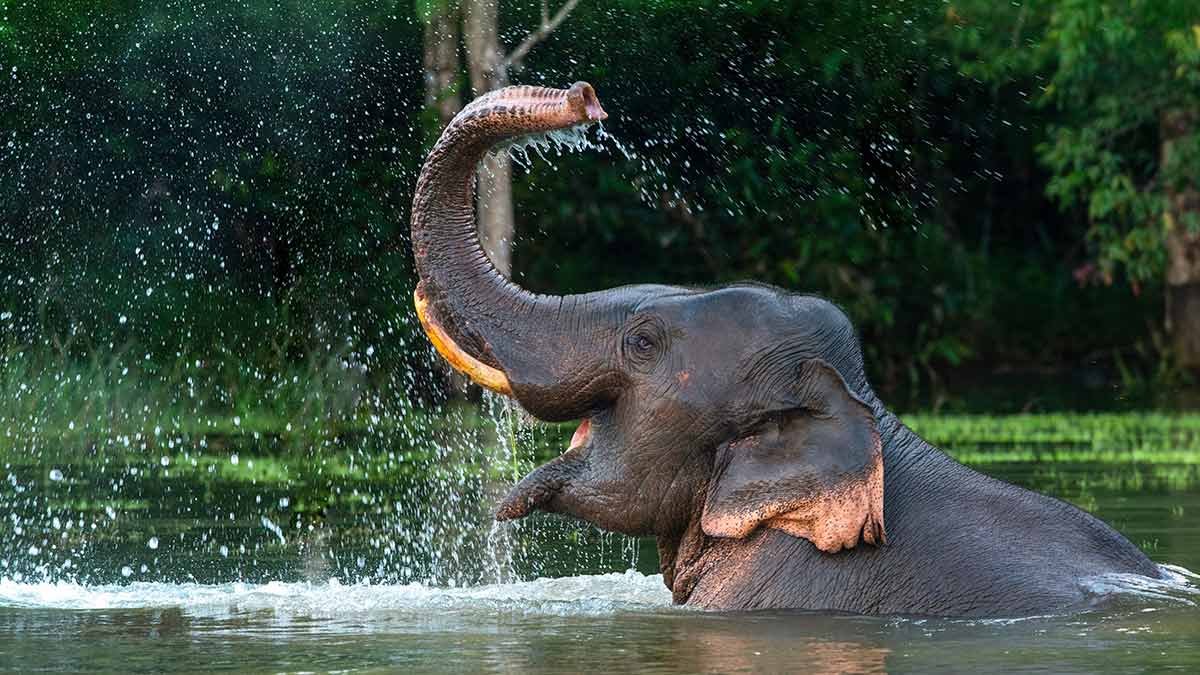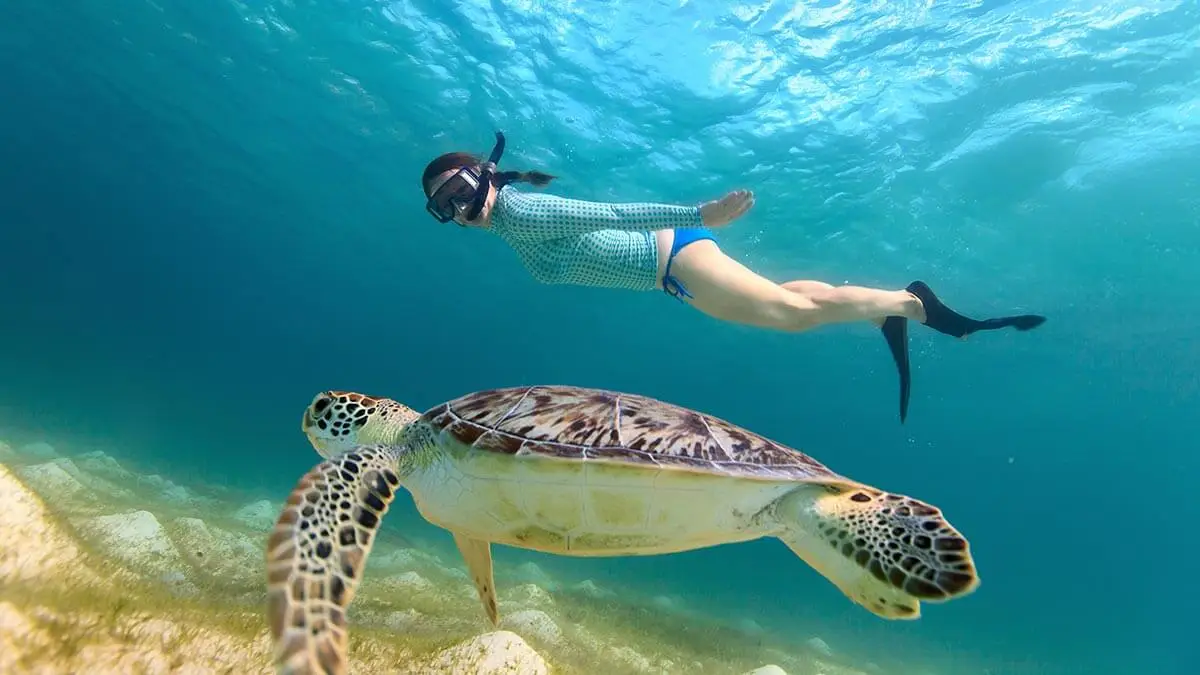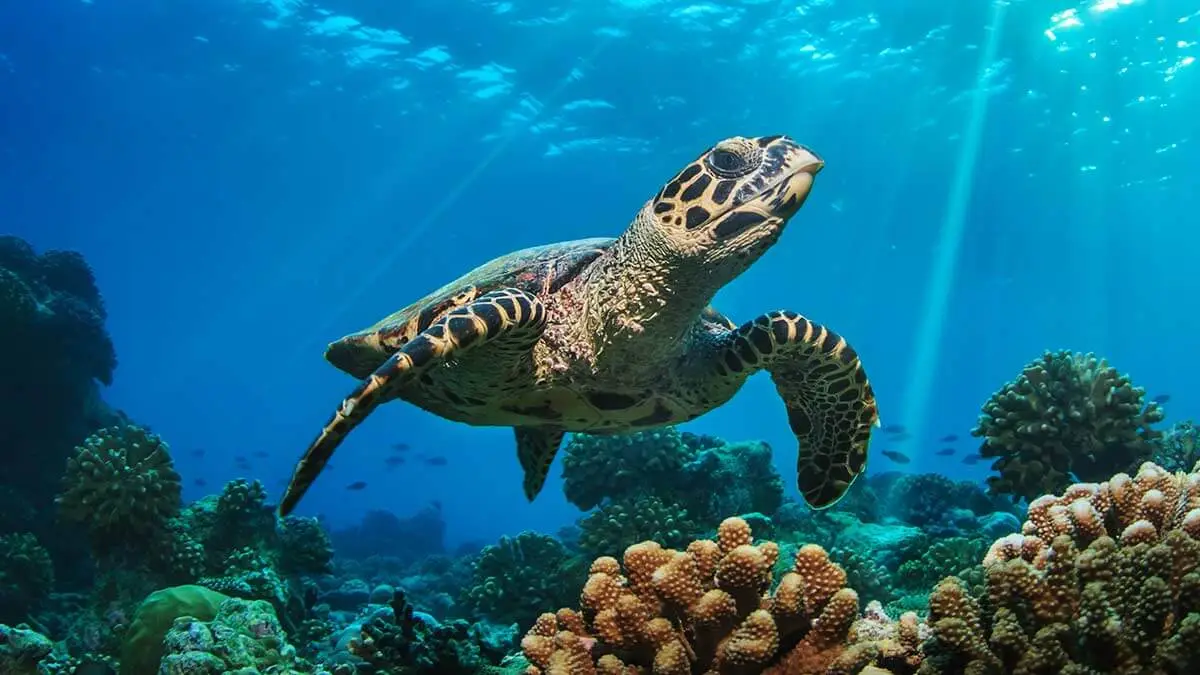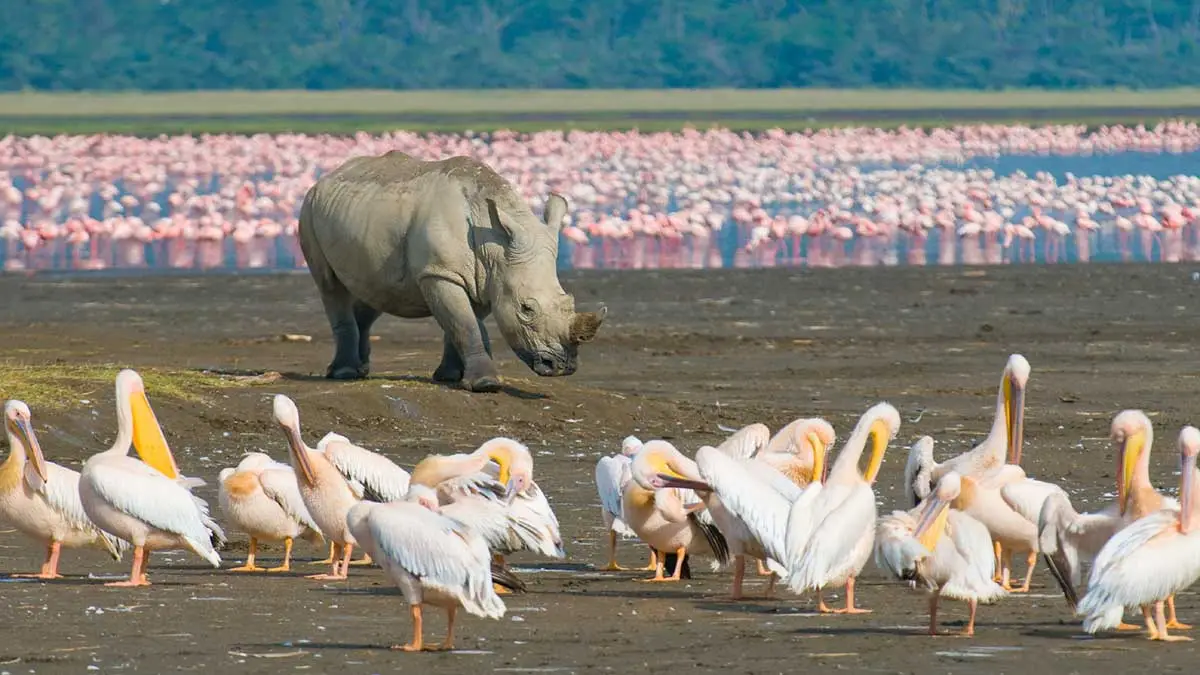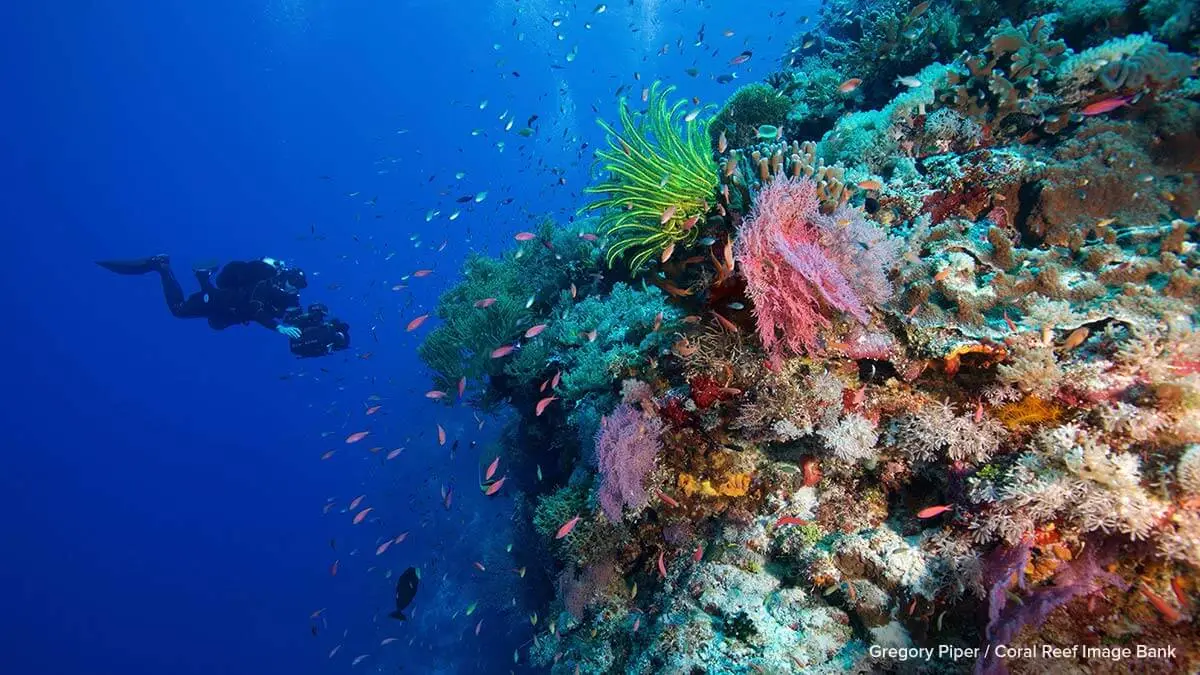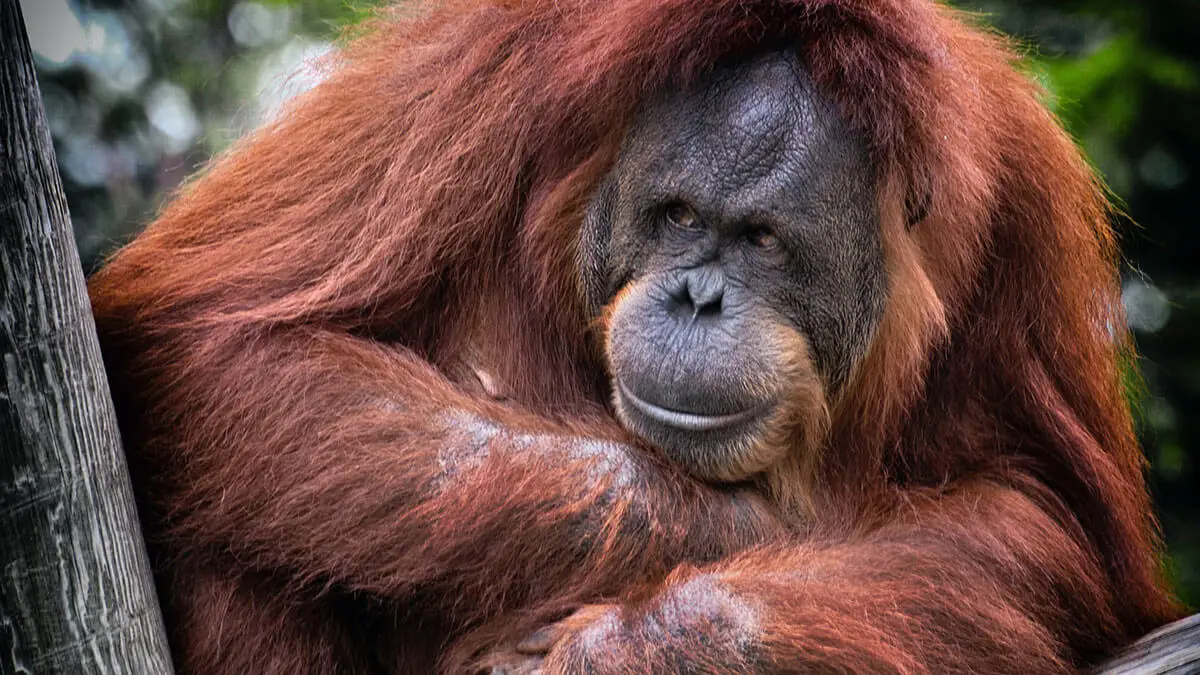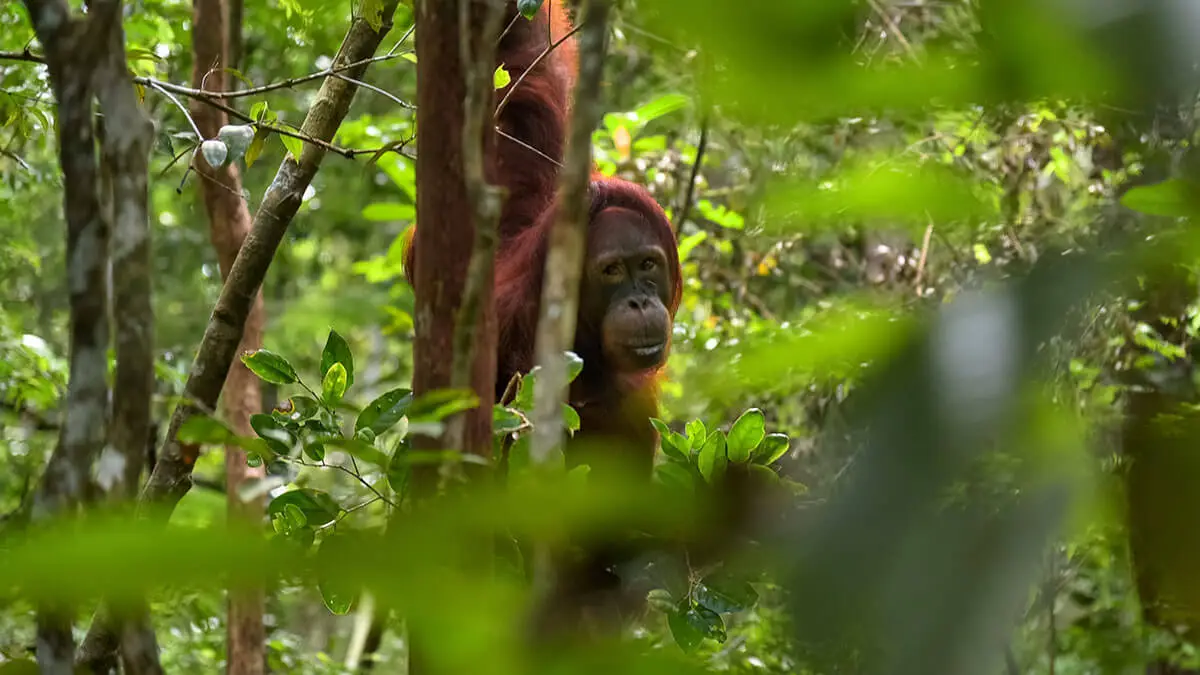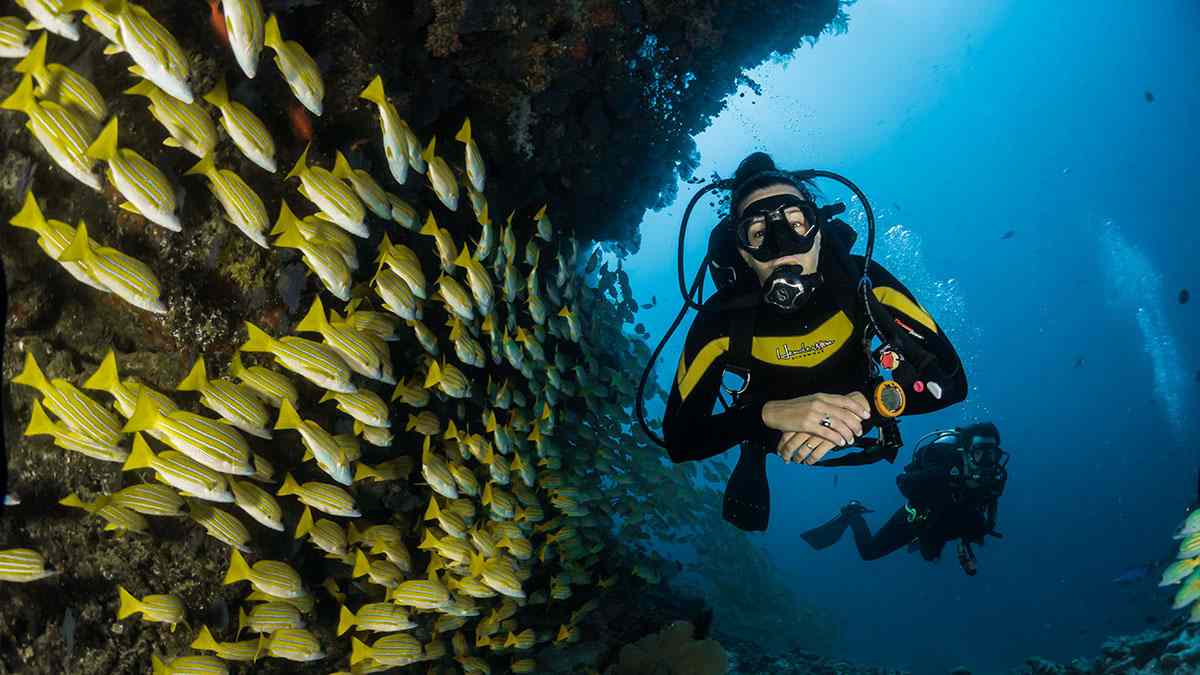WILDLIFE
Protecting Wildlife
Wildlife Under Threat
Unfortunately, many of the iconic wildlife species that captivate us are also threatened by human activities. Animal and plant species around the world are facing extinction at up to 1000 times the natural rate. Elephants, tigers, sea turtles, and orangutans are just a few of the species that are currently endangered. When one species goes extinct we not only lose that species forever, but it can also throw off the balance of the entire ecosystem.


Sustainable Wildlife Tourism
Tourism activities such as safaris, birdwatching, snorkeling, and nature photography all depend on healthy plants and animals. As wildlife tourism becomes increasingly popular, it’s important to ensure it happens in a sustainable manner. We believe that tourism can and should protect global biodiversity, safeguard habitats, and prioritize animal welfare. Afterall, there won’t be much to see if the plants and animals that inspire us no longer exist.
Protected Areas
Most wildlife tourism occurs in and around protected areas, such as nature reserves, national parks, and wilderness areas. In fact, it is estimated that protected areas around the world receive about 8 billion visits every year.
By drawing visitors to remote regions, protected area tourism creates valuable economic benefits for rural communities and supports local businesses. Tourism also drives revenue to the protected areas themselves which helps finance their conservation.
However, tourism can also have harmful impacts on protected areas. Overvisitation and unsustainable behavior can disrupt the species that live there and degrade their fragile habitats. To conserve the plants and animals that tourism depends on, we must foster sustainable wildlife tourism and carefully manage visitation to protected areas.
Did You Know?
Scientists estimate that there are 8.7 million animal and plant species on earth.
Wildlife tourism supports nearly 22 million jobs around the world.
Visits to protected areas generate as much as $600 billion of tourism spending annually.
More than 1 million plant and animal species are now threatened with extinction.
Explore the Issues
While most of us are well-intentioned wildlife lovers, if we are not aware, our travels can inadvertently cause animals to suffer, encourage the harvesting of endangered plants, or damage important wildlife habitats. Click below to learn more about the different issues that we’re addressing to protect the plant and animal species that tourism depends on.
How We Safeguard Nature
Discover what we’re doing to protect freshwater resources and minimize tourism’s impacts on nature and wildlife.

Stay Connected
Get our email updates to see how we’re protecting our planet’s most vulnerable and treasured destinations







